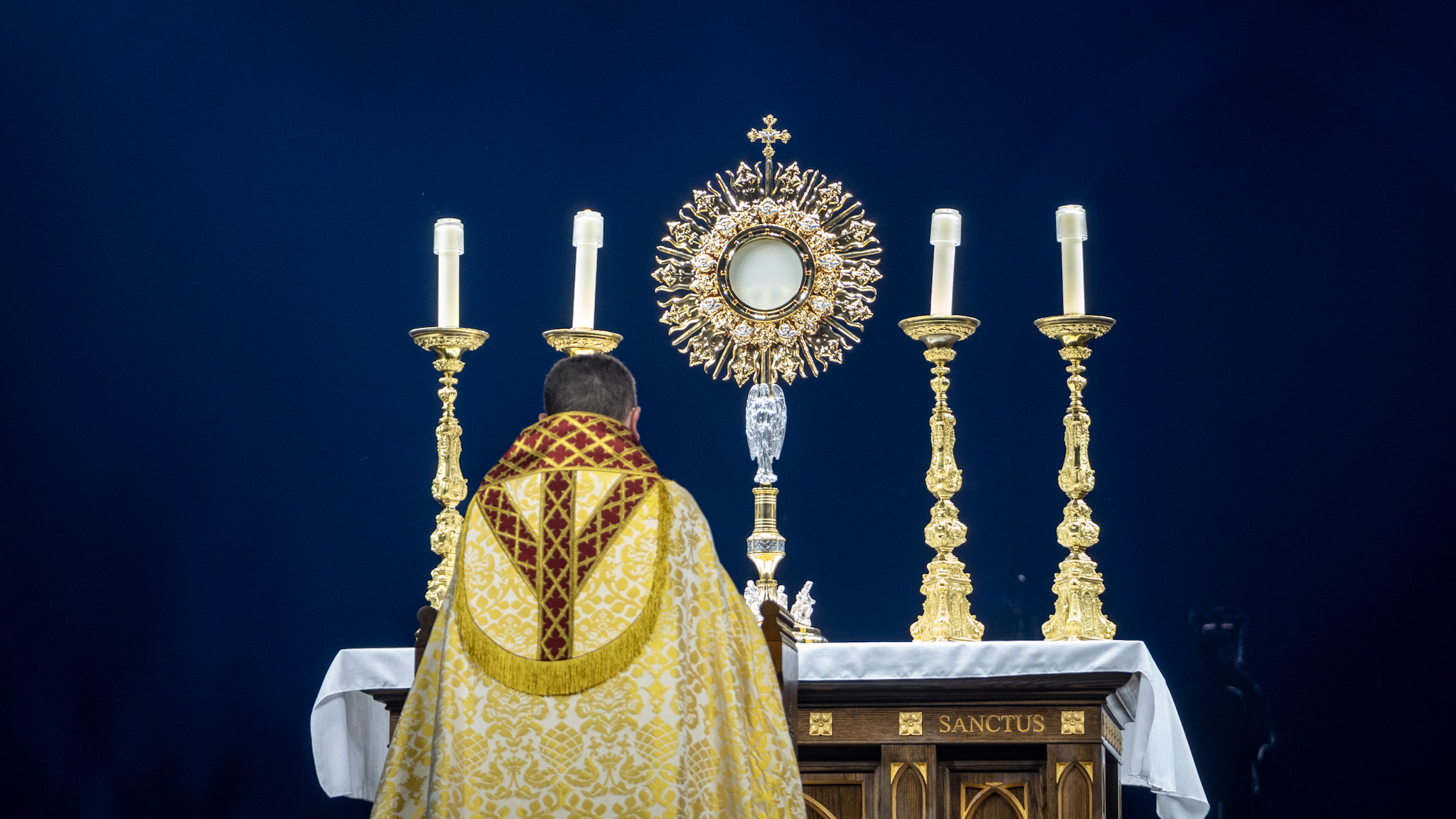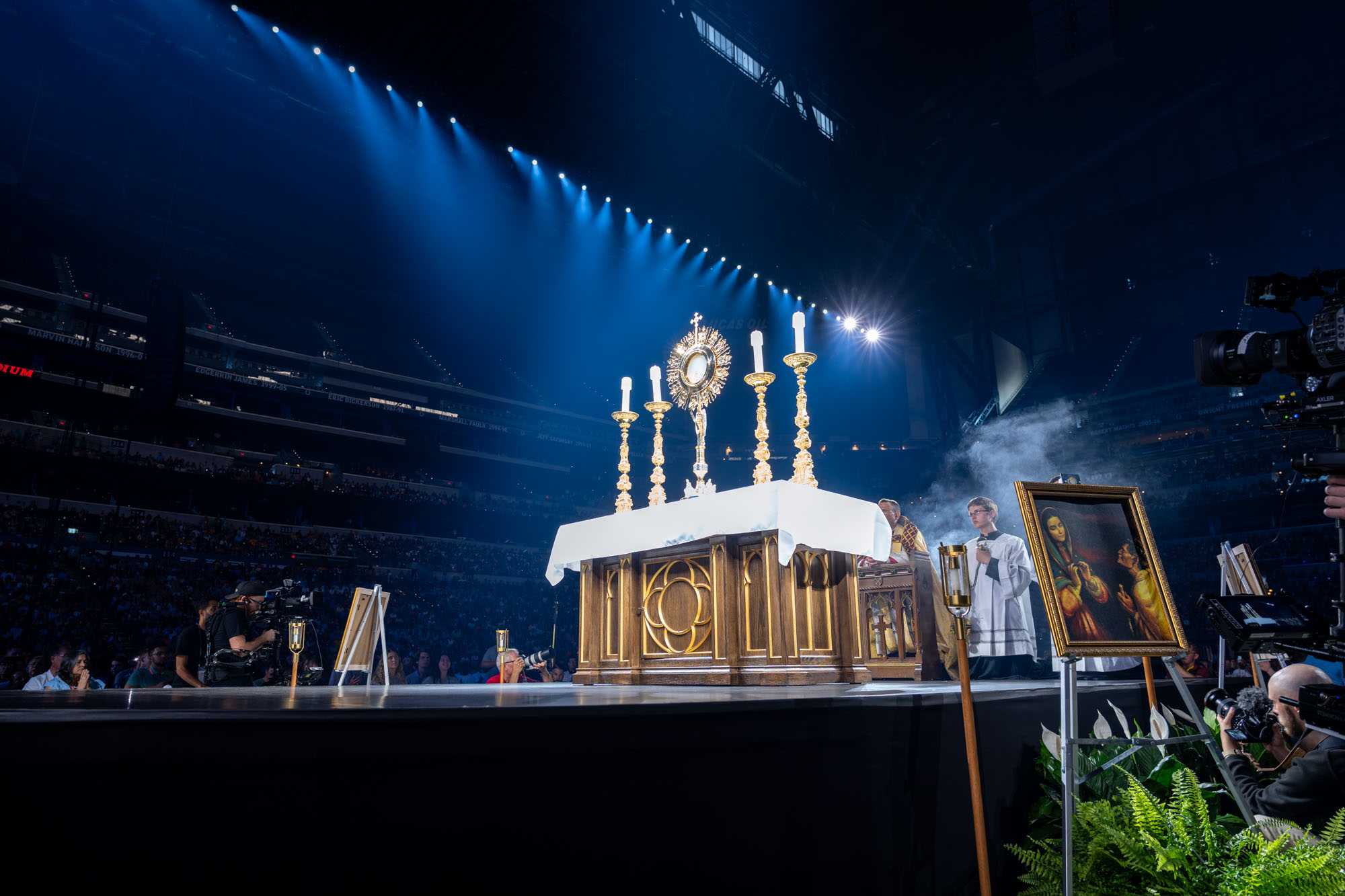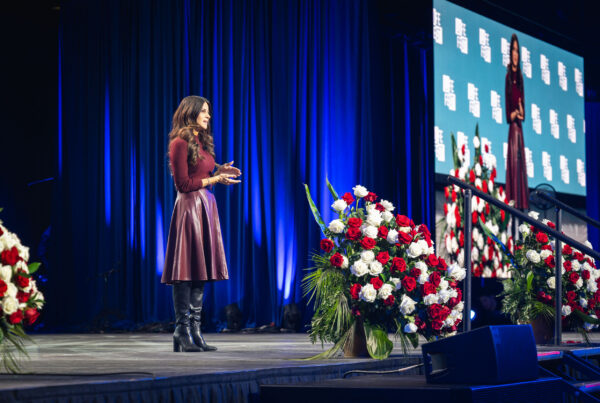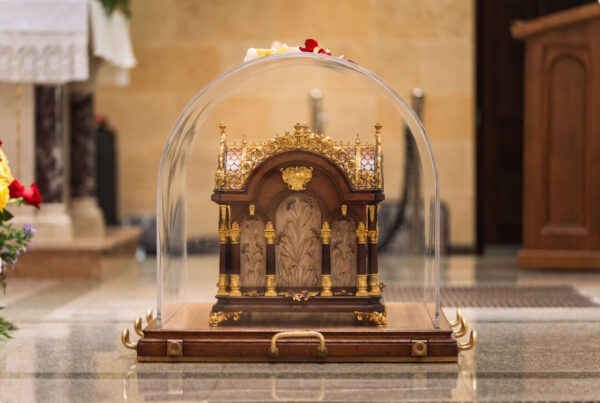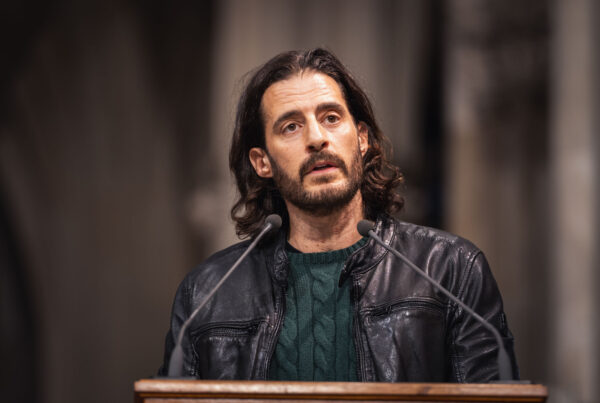Retreat for Artists!
The second one this year—I just can’t help it, I can’t say no to experiencing beauty!
After a 2.5-hour trip from Chicago, I arrived at a very special place: Mundelein.
This is where St. Mary of the Lake University is located, the place where our future priests are formed and shaped to become vessels of God.
It’s a truly special place, founded by Cardinal George Mundelein almost 100 years ago for a Eucharistic Congress—the first Eucharistic Congress in the USA. And only last year, we finally experienced the second one!
Around 70 amazing artists from all over the country gathered for this retreat, organized by the Catholic Art Institute.Ahead of us were two days filled with talks, prayer, and adoration.
Below, I’m sharing some of the key thoughts and personal reflections from talks by Fr. Joshua Caswell SJC, Barbara Nicolosi, PhD, and Fr. Anthony Brankin.
Some are powerful one-liners that struck me; others are deeper meditations I’ve sat with since. Enjoy!
Day 1
Fr. Joshua Caswell
- “See God everywhere, even in the most trivial things.” — St. John Henry Newman
-
The way of beauty is the way of the Cross.
-
“Beauty pulls us up short by reminding us about our destiny.” — Benedict XVI
-
We will never create perfect beauty, but we should strive for it.
-
Beauty may wound you if you’re sensitive, but it also teaches you the criteria of true beauty.
-
“Man can live without science, he can live without bread, but he cannot live without beauty.” — Dostoevsky
-
The enemy has invaded visual arts because that’s where beauty is—and where God is.
-
When you create something beautiful, you are giving people Jesus.
-
The artist’s gift is also their cross—and it becomes truly valuable when you accept it.
-
Don’t be afraid to give everything to God. He won’t take anything from you—He will give you everything if you do it for Him.
-
The way of the artist is the way of the saints.
-
For an artist, creating is as essential as a priest celebrating the Mass. You have to do it.
-
Artists are mystics.
Barbara Nicolosi, PhD
What is Christian Art?
What makes our work Christian? What makes art good or bad?
Christian Art is:
-
Beautiful
-
Reverent
-
Charitable
-
Sacramental
-
Rooted in our “country”—the Church
Beauty is wholeness—nothing is missing (peace), harmony (a foretaste of heaven/joy), and radiance. A beautiful experience leaves you better—it enlightens you.
The proof that the Church is real is found in the lives of the saints and the beauty she produces.
“Why are you a writer? Because I am good at it.”
Bad art is often rooted in bad theology—which usually lacks mystery.
Reverence means there is depth and subtext—it requires imagery and an honest wrestling with God.
Christian art is not about telling everyone exactly what they need to hear.
Charity is doing good for your neighbor as a response to God.
“First, do no harm.” — Hippocrates
There is no charity without sacrifice.
Artists must prepare their hearts to sacrifice.
“Write from your own country.” Your art should come from the world of your faith—not to sell it, but to share that it’s where you are from.
Don’t say “why” in art. Don’t give it all away—leave room for the mystery.
Our country—the Church—must become every country.
Make your audience ruminators. Let them dwell, ponder, and return to the work.
Contact with reality deepens our relationship with mystery.
How do you make your work grace-giving?
You don’t—only God can do that. Your task is to do your best.
Fr. Anthony Brankin
There is something beautifully Catholic about admiring beauty itself.
We are compelled to create art.
Good art is powerful because it is prayerful—it is a prayerful encounter with God.
Art is not primarily to teach—it is a mystery. It should concern itself with beauty and reflecting God.
-
The Son is the image of the Father.
-
The Father is the head.
-
The Holy Spirit is love.
-
The Trinity can guide the artist: strive to reflect this relational beauty.
Artists are like the Father—we won’t always create beautiful things, but we must always strive for beauty.
Art can be many things—but it cannot be ugly.
Cheap Catholic art is mass-produced without love or meditation—it is not worthy.
Art must be rooted in love—and love is a person. Art should come from a relationship—seeking the good of others.
Loveless art is prayerless.
Prayerless art is made for the masses, not for souls.
Day 2
We began with Holy Mass on the Feast of St. Aloysius Gonzaga.
The work of the artist is to reveal God’s beauty, just as the Holy Eucharist is veiled and then unveiled.
The Eucharist is the ultimate source of inspiration—culture flourishes when worship is properly ordered.
We are called to touch hearts through art that represents the beauty and truth of the Gospel.
Fr. Anthony Brankin
-
Mean people make ugly things.
-
Culture is the manifestation of faith.
-
We still admire the Greeks and Romans because of the beauty they created.
-
To be pious means to stand beneath God, in humility and obedience.
-
Art reflects the interior life of the artist—but there must always be room for God.
-
The artist’s constant battle: ego vs. God, pride vs. humility.
-
Art for art’s sake is meaningless.
-
Today, art is often treated like religion itself.
-
Faith gave birth to art—now art can help give birth to faith.
-
Beauty is not in the eye of the beholder—beauty is objective. There is one truth.
Barbara Nicolosi, PhD
Friendship is a “sturdy shelter.”
Taking the sun out of the sky is like taking friendship away from humanity.
Even saints need friends.
“There is no surer way to the throne of God than through friendship with the friends of God.”
Artists need friends.
“Friendship is agreement in things human and divine, with goodwill and charity.” — Cicero
A life of virtue will draw people to you. True friendship will make you more virtuous.
Three reasons why people like others:
-
Utility: They are useful to me.
-
Pleasure: They make me feel good.
-
Virtue: They are good. This is real friendship.
Eunoia—goodwill—is mutual. True friendship is growing in goodness together and practicing authentic self-love.
Our task is to convert ourselves and share our art with others.
A sturdy shelter is not a home—it’s a place to rest before going back into the world.
We must avoid the state that most men should fear: being alone.
No one can completely fill us in this valley of tears. We live with a fundamental isolation that can only be fulfilled in God.
Find your friends among the saints.
Treat your works of art as your friends.





























